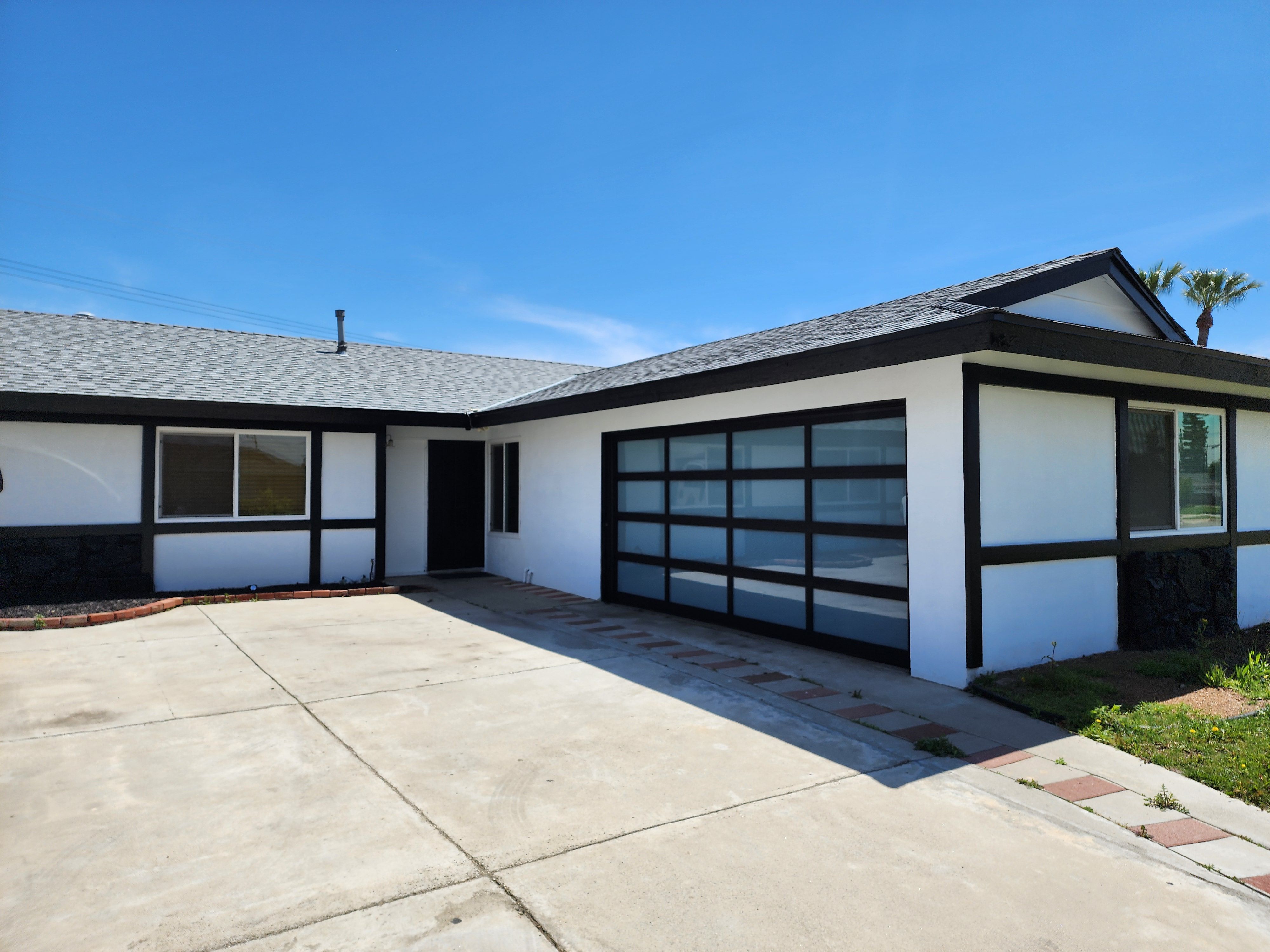January 12, 2024
4 Roofing Mistakes
It doesn’t matter whether you’re planning on getting a new roof today or in the near future, the rules of roofing stay the same. Here are 4 roofing mistakes you might make before you even get started. In order to get the best bang for your buck and keep your peace of mind, there are things you want to look out for before you go ahead and start your roofing project.
Before we delve into common mistakes we see happen before roofing work even begins, there are a couple of things that you want to keep in mind ahead of time.
First, repair, repair, repair
If you’re planning to get a new roof a few months or a couple of years down the line, make sure you’re still committed to maintaining the health of your current roof. A new roof that has no baggage to deal with is a cleaner and less costly job. Severely damaged roofs mean that you have to fix a lot before you even start thinking about installing the new one.
If you’re unsure about the health of your current roof, here are a few things that should be in order throughout your roof’s lifetime:
- Missing and loose shingles are all replaced. Leaving damaged areas in your roof can lead to water leaks, which eventually cause mold and mildew
- Gutters are intact. Sagging or tilting gutters can cause a lot of issues, including eroded landscaping. More importantly, they can cause water to flow back up the roof and lead to either rotting fascia boards or mold, both of which are costly to replace
Second, check for damage
Even if you’re on the lookout for new roofers, make sure you check your roof for any signs of damage. This helps you properly scope and budget for any roofing job that you’re planning to undertake. Incorrectly estimating potential expenses means you either have to settle for a less expensive, lower-quality roofing system (because you overestimated the costs) or that you have to compromise on roofers or repairs, or even extend the timeline of the roofing job (because you underestimated the costs).
When you’re estimating the costs for your new roof, make sure you budget for roof removal costs as well, which can vary depending on the complexity of your roof.
Getting a new roof?
Now that you’re getting a new roof, here are some common mistakes that you want to avoid in order to make sure you don’t pay more than you have to, and that your roof is set for the long haul.
4 Roofing Mistakes You Can Make Before You Start
- Not vetting your contractor
Think of your contractor as your business partner. You want to make sure you can trust them and that they have your home’s best interest in mind. Not vetting your contractor can leave you open for big trouble and significant costs.
Working with a licensed and insured contractor is the starting point for a successful roofing job. A roofer that fails to meet these bare minimum criteria can mean several things at different points in time:
- Licenses require proof of skill. There’s a good chance that an unlicensed roofer can offer better prices (because they save on the licensing fees), but an even better chance that they’re unqualified
- Unqualified roofers might not stick to manufacturer’s guidelines. This means manufacturers can void their warranties if their guidelines have not been adhered to
- Uninsured roofers leave you open to liability. Worker’s compensation and insurance cover the costs of any injuries sustained while working on your roof. If you roofer fails to present these, you’ll be the one handling the costs
- Missing or incorrect paperwork for your roof. This can lead to decreasing the overall value of your home
If you’re planning on working with a specific roofing contractor or you’re still looking for the right one, make sure the one you choose meets these requirements before you sign.
- Not hiring local contractors with emergency support
Unexpected weather conditions might affect how quickly a new roof sets in, and harsh conditions can affect a new roof as they do any other. When working with a roofing contractor, make sure that you choose one that has local experience and is familiar with the specific challenges and conditions that your roof will face.
Equally important is that you find an established roofer with local presence in your area so that they are able to provide you with emergency support as soon as you need it.
- Not checking attic ventilation
Proper attic ventilation prevents moisture from condensing and mold from growing. Attic ventilation systems essentially work by letting hot air out and cold air in. While good insulation does prevent excessive energy loss, you can have too much of a good thing and over-insulate your attic.
If you check your attic ventilation before you get a new roof and suspect it might be poor, then this is enough reason to get a proper inspection and make sure there are no damages or leaks before you get started with the new installation.
Making sure your attic is sufficiently ventilated once your new roof is in place will make sure you’re set against leaks and the problems they cause down the line.
- Not reading your contract
When you’re signing a new contract for new roof, or any home repair for that matter, make sure you understand what you’re signing. This is your home, and a good roofer knows this, so there aren’t too many questions or too many details that you can dig into it.
Making sure you read the contract and the fine print helps you understand what you’re paying for and what the contract is leaving out. Whether it’s the warrantees, material guarantees, or a payment schedule, reading through the contract and the fine print can tip you off to signs that you might be getting a bad deal.
Getting a new roof just right requires careful care, so getting an inspection would help draw your attention to the different aspects you’ll want to keep in mind. Most qualified roofers will offer you a free inspection, so make sure you take some time to book one and set yourself up for a smooth process.
Related Posts:
Trusted by some of the biggest names in the business!














